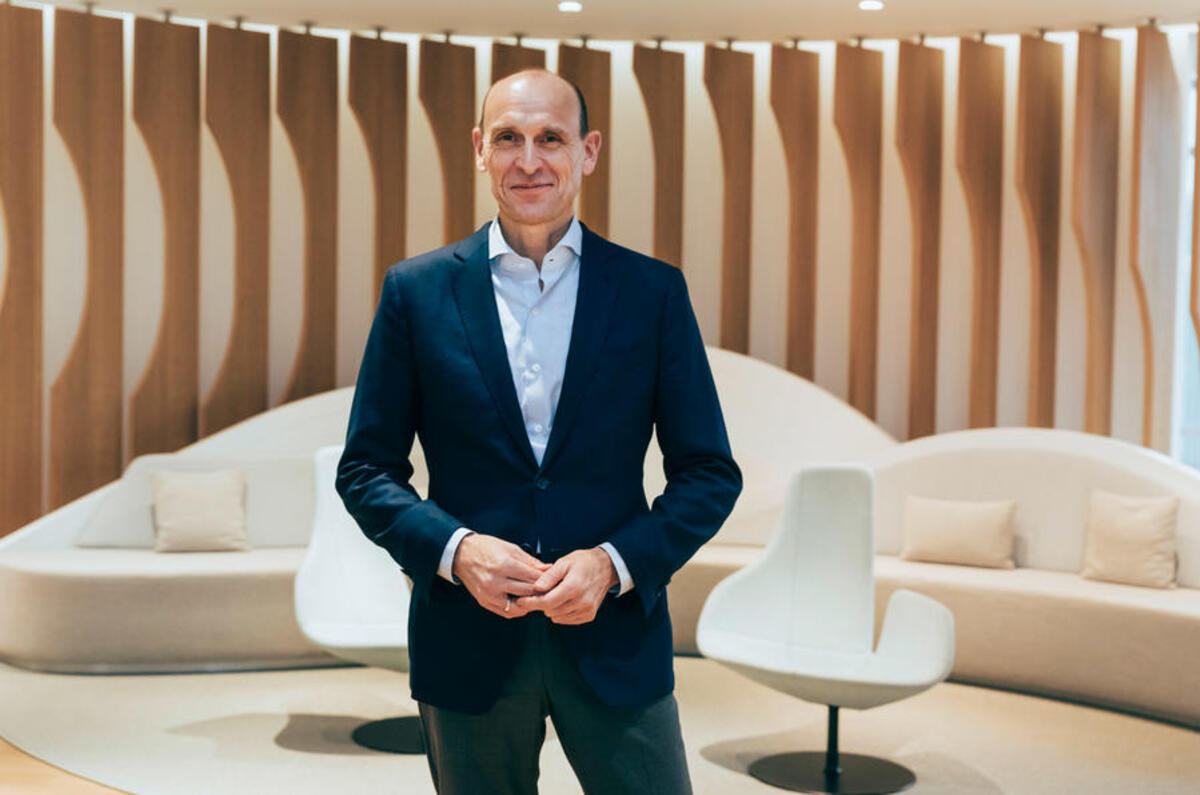Volkswagen sold 4.9 million vehicles in 2021, 8% fewer vehicles than 2020 but still increased operating profit by a significant 451% to 2.5 billion Euros. Sales revenue rose by 7% to 76.1 billion Euros and the firm achieved a return on sales of 3.3%, an increase over the 0.6% of 2020.
While the reduced sales volume is a result of the global semiconductor shortage, the German company's positive financial results were achieved by selling “higher-equipped cars and allocating semiconductors in such a way to increase margins,” according to finance boss Alexander Seitz.







Join the debate
Add your comment
Sounds like buying a VW now is like shopping at Waitrose. Same goods, bigger markup!
Sounds like they've got a substantial financial buffer to perhaps absorb the rising material costs highlighted in another of todays stories?
How many semiconductor producers are there?, and where are they made?, why have Car makers been caught with there pants done?, why didn't they see this coming?, aren't there any other semiconductor suppliers?, any other questions?
Why no capital letters after each question? Why does the word "Car" start with a capital letter? "there pants done"? Eh? Are you drunk when you type your posts Peter, as they invariably appear to be written by somebody wh is under the influence of something very strong?